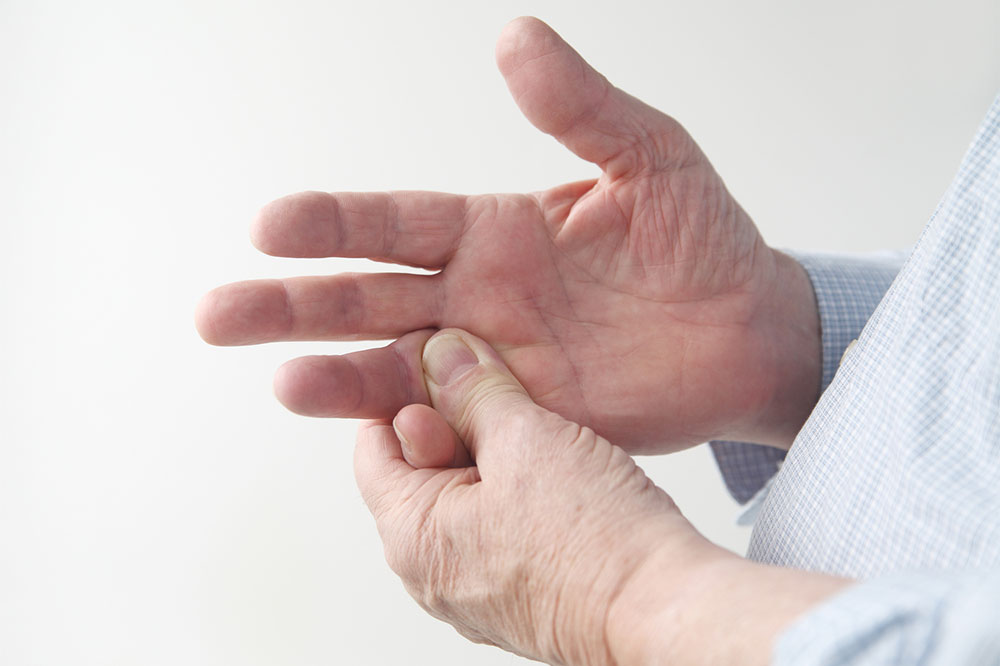4 bad habits that could lead to kidney failure

The kidneys are vital organs that help remove waste and excess fluid from the bloodstream. Kidney failure is a severe disorder where the kidneys lose their ability to function correctly, leading to a buildup of toxins in the body. To prevent this condition, individuals must follow healthy lifestyle practices and avoid anything that can harm these organs. Several bad habits can lead to kidney failure, the most common ones being:
Poor food choices
Processed foods have a lot of sodium and sugar, which can strain the kidneys. It can lead to high blood pressure, diabetes, and other ailments that increase the risk of kidney disease. Processed foods also have phosphorus, another component that can harm the organ.
Besides processed foods, individuals should avoid eating too much meat. High amounts of animal protein can cause excess acid production in the blood, leading to a kidney disorder called acidosis. While protein is essential for a healthy body, individuals should speak to a nutritionist to learn about the right kind of protein and the maximum quantity that can be safely consumed in a day.
Experts recommend a meal plan rich in fresh fruits, vegetables, whole grains, lean protein, and good fats to keep the kidneys healthy.
Lack of exercise
It is no secret that exercise is essential in keeping the body and mind healthy. The same applies to kidney health too. The National Kidney Foundation suggests individuals with kidney disease may benefit from exercise as it improves muscle function, lowers blood pressure, keeps cholesterol under control, and improves sleep, which in turn helps avoid many health complications. One can consult a health expert to learn about the best exercises and physical activities for their condition.
Not staying hydrated
The kidneys’ primary function is to help remove waste from the blood and expel it from the body through urine. Staying hydrated ensures this process runs smoothly. It also helps keep the blood vessels wide open, allowing the blood to flow easily through all body parts, including the kidneys. Those who do not drink enough water risk developing kidney stones and contracting urinary tract infections, both of which can be extremely painful. Hydrating enough eliminates the infection-causing bacteria from the body through frequent urination.
Lack of sleep
Studies suggest that the body’s sleep-wake cycle regulates kidney function and helps the organ perform well throughout the day. When this sleep cycle is disrupted, the kidneys overwork and do not function properly. As a result, those who do not sleep well are at a higher risk of kidney-related issues and a faster kidney function decline. So, fixing the sleep cycle is an essential step toward good kidney health. It can also avoid several other complications that come with a lack of sleep.
By making healthy lifestyle choices and avoiding these bad habits, one can keep their kidneys healthy and reduce their risk of kidney failure. Individuals with kidney disease should speak to a healthcare provider and take the steps necessary to ensure their condition does not deteriorate.







